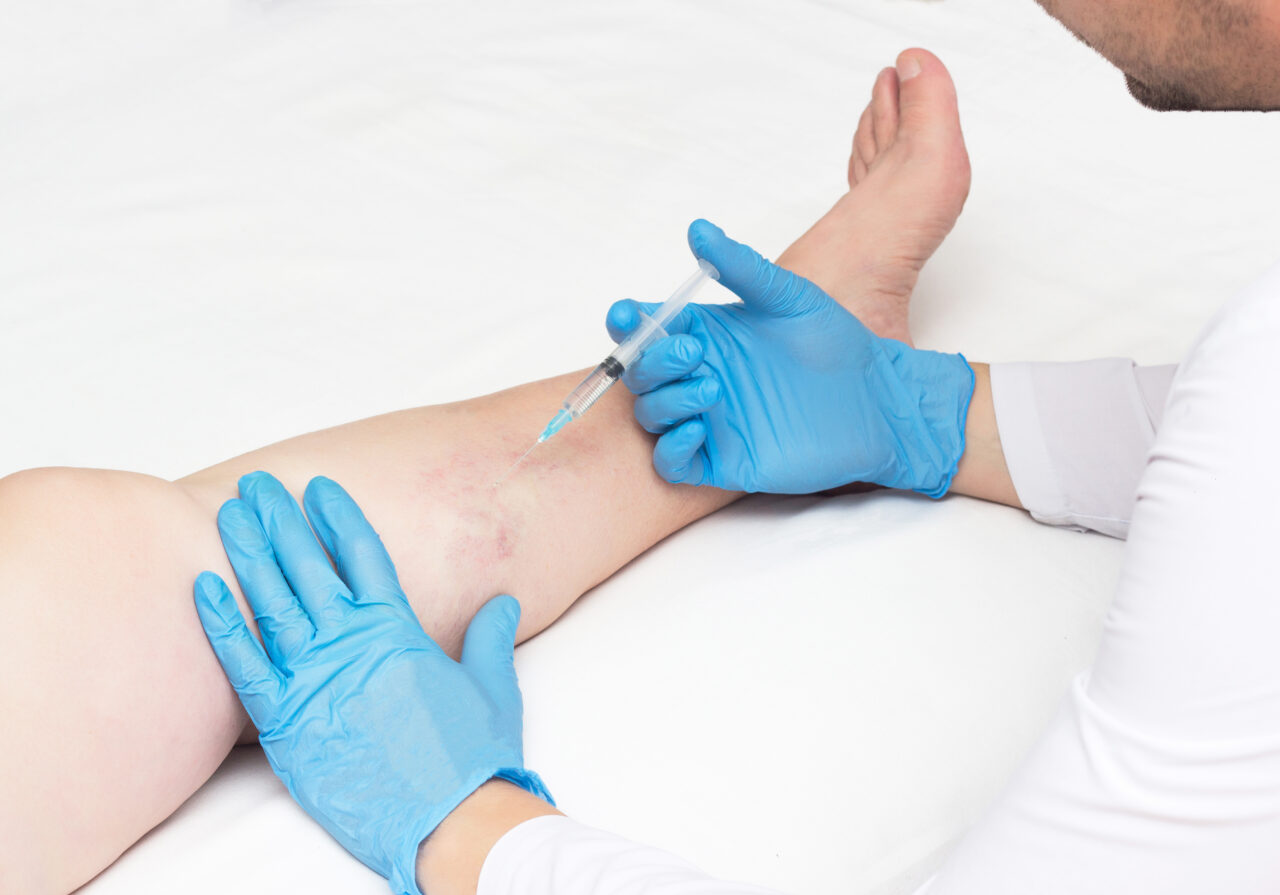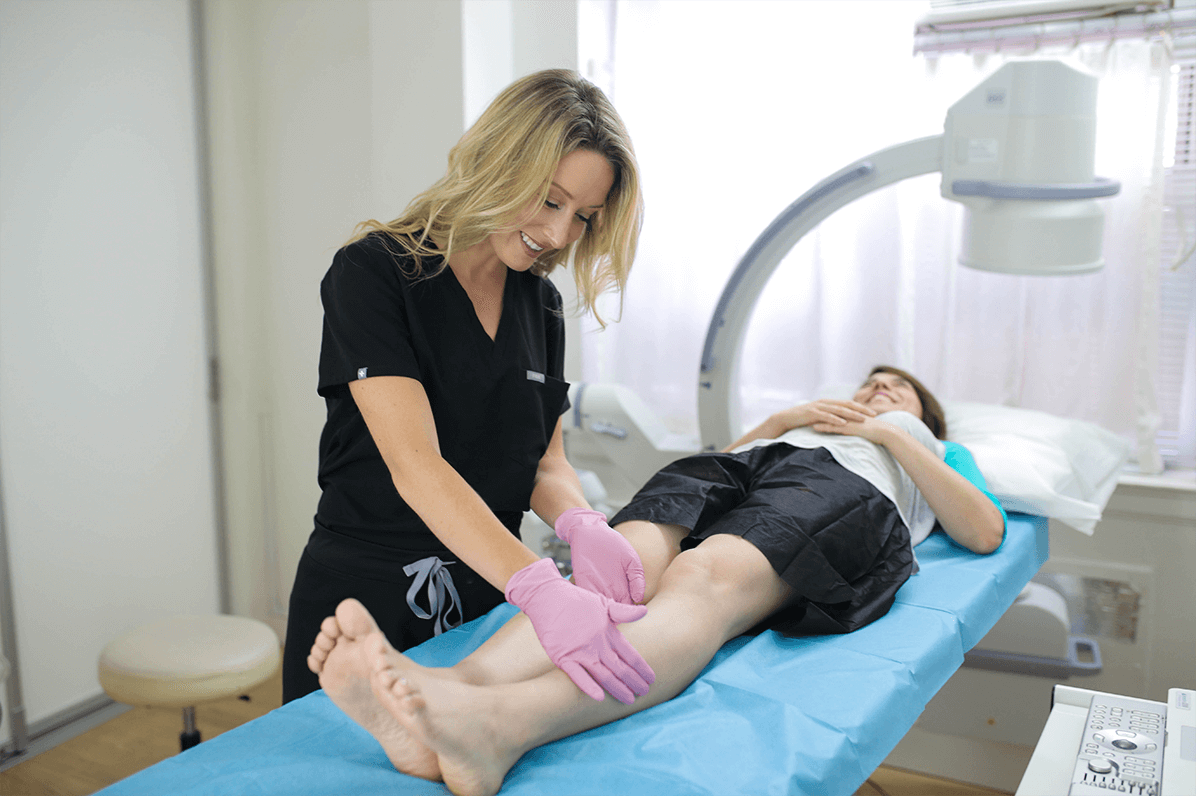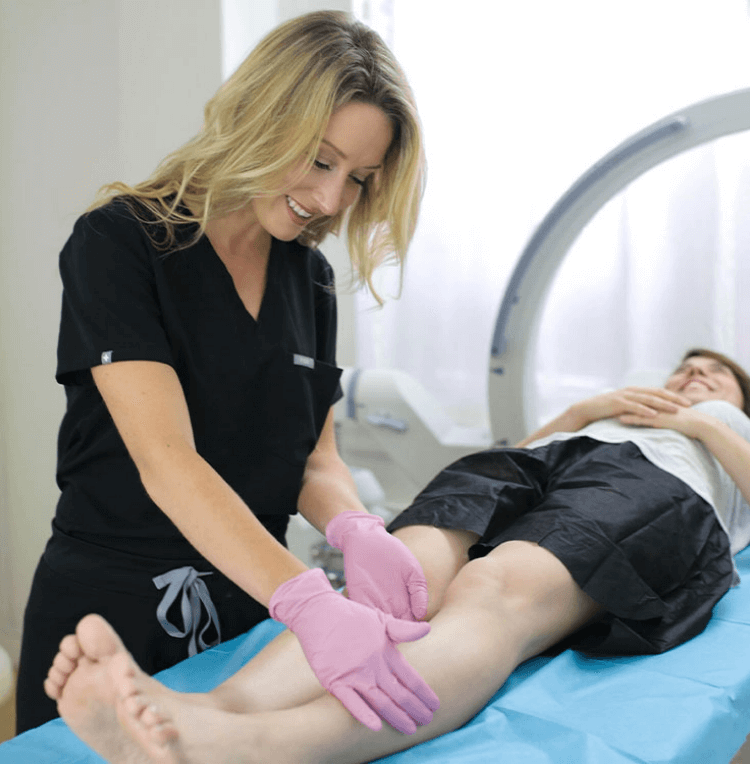The veins and arteries that make up the body's vascular system are essential for maintaining good health. Like a freeway, the body's blood transports nutrients and oxygen to the areas where they are needed. However, issues with this system might occasionally occur, so it's important to understand when to see a vascular doctor for assistance. In order to keep your circulatory highway in good repair, this article will address when to make a visit to see a vascular doctor.
When To Seek A Vascular Doctor For An Appointment?
Leg Swelling And Pain
Leg pain and swelling that doesn't go away are among the first indications that something may be amiss with your vascular system. It may indicate a vein or artery problem if your legs frequently hurt, feel heavy, or swell up. It's time to visit a vascular physician; do not disregard this issue.
Spider Veins And Varicose Veins
Those noticeable veins that frequently emerge on your legs are varicose veins and spider veins. They might point to a vein issue rather than just being an aesthetic worry. It's time to see a vascular doctor if you find these veins getting more noticeable or if they start to bother you.

Ulcers Or Wounds That Don't Heal
Wounds or ulcers that are failing to heal correctly, especially on your legs or feet, may be the result of poor blood flow. Conditions like peripheral artery disease or venous insufficiency may impede the healing process. An obvious indication that you should consult a vascular doctor is if you have a sore that just won't heal.
Extremities Of Cold
Cold hands and feet on a regular basis may indicate decreased blood flow, particularly to your extremities. Numbness and tingling feelings may be brought on by this condition. Don't ignore your persistent cold extremities; a vascular doctor can assist in identifying the problem and provide treatment.

High Blood Pressure
If you have a high blood pressure level (hypertension), your arteries might be strained, and you may become more susceptible to vascular problems. Even if it doesn't always give a direct indicator of a vascular issue, they can be related. A vascular doctor can control your high blood pressure and assess how it affects your vascular health.
Vascular Disease In The Family
The medical background of your family can reveal important information about your own health. You may be more vulnerable if there is a family history of vascular conditions like heart disease or stroke. It is wise to seek the advice of a vascular doctor in these situations for evaluations and preventative actions.
Conclusion
The health of your vascular system is crucial, and knowing what kind of doctor is a vein specialist to your general well-being. Ignoring potential vascular disorders' warning indications can have detrimental effects on one's health. It's time to make an appointment with a vascular doctor if you have leg pain and swelling, observe varicose or spider veins, have non-healing wounds, experience cold extremities, have high blood pressure, or have a family history of vascular illness. You can maintain good vascular health and avert more serious issues down the line with prompt action.






Comments